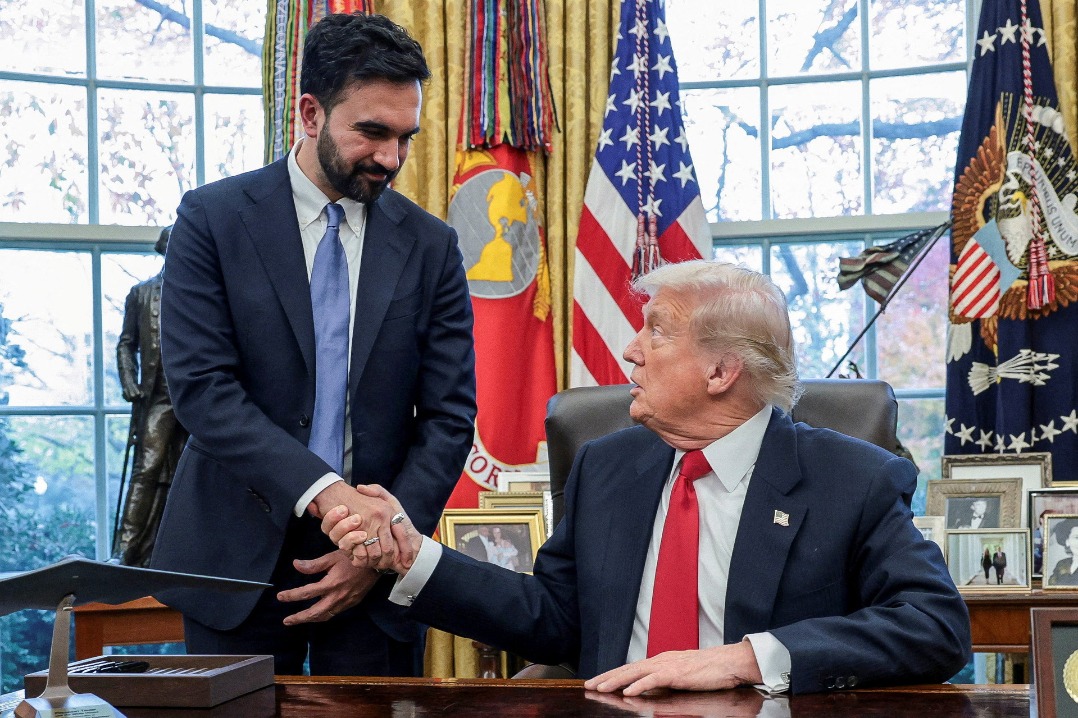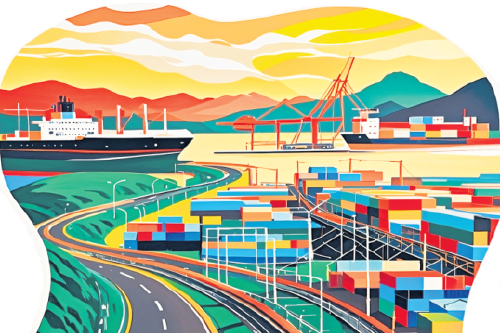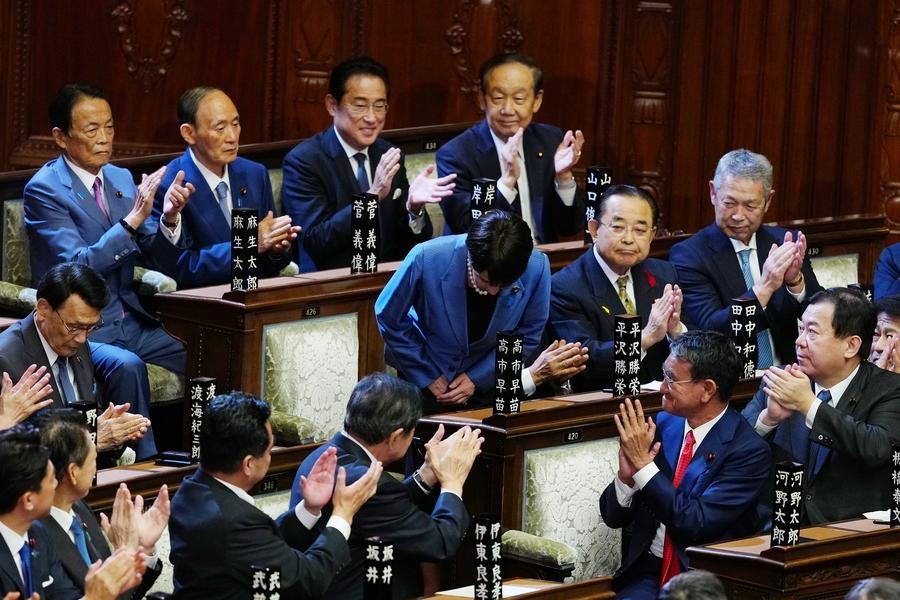G20 summit shows signs of consensus


The first ever G20 Leaders' Summit to be held in Africa opened in Johannesburg on Saturday.
Attended by more than 40 head of states from across the world, the South African summit is being held under the theme of "Solidarity, Equality, Sustainability", reflecting an ambition to steer the global discussion toward inclusive growth, debt relief for developing nations, and just transitions in energy.
In his opening remarks, South African President Cyril Ramaphosa said the disparities in wealth and development within and between nations is not only unjust and unsustainable, but also one of the greatest impediments to sustainable development.
"It is essential that we break down divisions of economic status, of gender, of race and geography," Ramaphosa said.
"Sustainability involves meeting the needs of the present without compromising the ability of future generations to meet their own needs."
Ramaphosa later announced that delegations had reached agreement on a joint declaration, saying its adoption signaled that "multilateralism can and does deliver". The declaration, he said, sent "a message of hope and solidarity", reaffirming a pledge to leave no country or community behind.
In his opening speech, Ramaphosa also warned that mounting threats – from geopolitical tensions and global warming to pandemic, food insecurity, unemployment and poverty – endangers the shared future of humanity.

Ramaphosa urged reforms to the global financial architecture to make institutions more inclusive and equipped for emerging challenges.
He added that strengthening disaster resilience in the face of climate-driven crises, and ensuring debt sustainability for low-income nations were pursued as priority areas during South Africa's presidency of the G20.
Additional focus areas included mobilizing finance for a just energy transition, and harnessing critical minerals for inclusive growth through local beneficiation, industrialization, inequality, unemployment, security, artificial intelligence and inclusive economic expansion.
Ramaphosa called for more progress to be made towards implementation of the United Nations Sustainable Development Goals by 2030.
He noted that the threats facing humanity currently, from escalating geopolitical tensions, global warming, pandemics, energy and food insecurity, to inequality, unemployment, extreme poverty and armed conflict jeopardize a collective global future.
While climate-induced natural disasters affect countries around the world, Ramaphosa said they have a particularly devastating impact on countries that cannot afford the costs of recovery and rebuilding.
"We have agreed that it is essential for the global community, international finance institutions, development banks and the private sector to scale up post-disaster construction," he said.
With the continent of Africa hosting the summit for the first time, Ramaphosa said expectations were high and he urged leaders to protect the integrity and credibility of the G20, insisting that the Johannesburg summit must strengthen, not weaken, the forum.
































